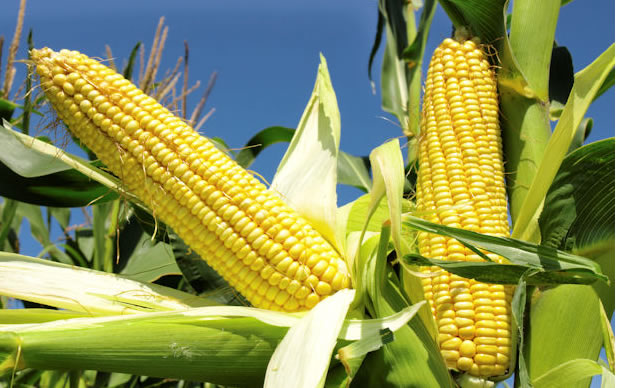The National Agricultural Extension and Research Liaison Services (NAERLS) recently published its 2024 Wet Season Agricultural Performance report, highlighting alarming increases in production costs for staple crops in Nigeria. According to the Executive Director of NAERLS, Professor Emmanuel Ikani, the expense of maize production surged by an astounding 69.7%, escalating from N330,621 in 2023 to N561,237 per hectare in 2024. The report cites rice production costs also spiking by 37.8%, from N423,400 to N583,505 per hectare. This unprecedented rise in agricultural expenses poses substantial challenges for many families, making basic food items harder to obtain. Prof. Ikani emphasized that these shifts reflect a broader crisis in the agricultural sector, significantly affecting food security for the nation.
The report underscores the harsh agricultural conditions, principally influenced by adverse weather patterns in 2024, contributing to a notable decline in rainfall across 33 states. This reduction sparked widespread drought conditions, leading to lower crop yields and aggravated pest and disease infestations, compounding the challenges that farmers already face due to high production costs. Prof. Ikani pointed out that the dry conditions exacerbate yield declines, worsening the financial strain on farmers as they grapple with increased production costs amid dwindling supplies.
In addition to the previously mentioned challenges, the report details the tragic impact of flooding in 31 states, particularly affecting the North-East region. The heavy rainfall, worsened by the collapse of a dam, resulted in catastrophic consequences, including the loss of 280 lives, injuries to over 2,500 people, and the destruction of significant property and infrastructure, including more than 122,000 homes and 17,000 farmlands. With approximately 641,500 individuals displaced, the report paints a grim picture of agriculture’s challenges, which have intensified over the past year. Alongside these events, the cost of essential agricultural inputs, such as fertilizers, has soared, with NPK fertilizer prices rising by 65.4% and urea prices climbing by 84.8%, creating a “perfect storm” for farmers as they face soaring costs and diminished yields.
The findings reflect a concerning profile of the farming community in Nigeria, where the average age is 47, with a prevalent male representation of 69%. Most surveyed farmers (87%) are sole crop producers, yet only a mere 22% utilized tractors during the 2024 production cycle, highlighting a significant gap in mechanization. This shortfall in agricultural tools and resources intensifies the hardships faced by farmers, who are compelled to deal with high hiring costs and limited access to maintenance for their equipment. The report urges the need to enhance agricultural mechanization, calling attention to the crucial link between accessible tools and increased productivity.
To combat these challenges, the report suggests several strategic initiatives, including the establishment of an agricultural trust fund for emergencies and advocating for investments in climate-resilient agricultural practices. During the report’s unveiling, Aliyu Abdullahi, the Minister of State for Agriculture and Food Security, emphasized the pressing need for agricultural mechanization and proposed a collaborative roundtable to convene key stakeholders in the sector. He stressed that integration among various departments focusing on mechanization and agribusiness is vital for achieving shared goals and asserted the ministry’s commitment to tackling Nigeria’s agricultural issues.
The report also highlights progressive developments in the agricultural landscape, noting that the adoption of improved seed varieties has increased significantly, with 62% of Nigerian farmers opting for these seeds compared to only 2.5% a year earlier. The minister expressed a commitment to harnessing natural resources for heightened food production and pledged efforts to ensure that Nigeria’s agricultural potential translates into enhanced livelihoods for its citizens. The Permanent Secretary of the Federal Ministry of Agriculture and Food Security, Mr. Temitope Fashedemi, also acknowledged the necessity of NAERLS reports in providing objective insights into agricultural initiatives, reinforcing the need for independent assessments to inform policy and practice effectively.














